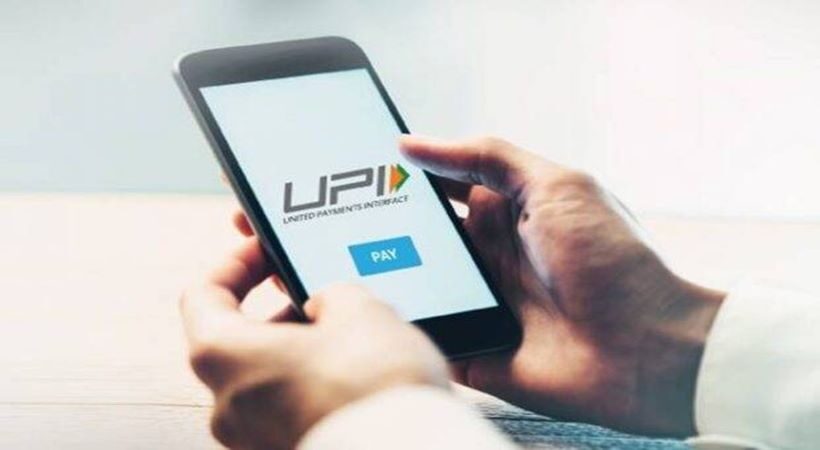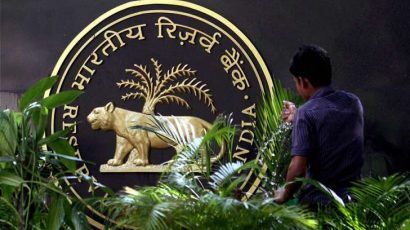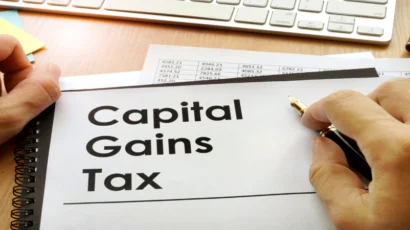How to Protect Yourself from the Rising Wave of UPI Scams

Unified Payments Interface (UPI) scams have witnessed a surge, posing a significant threat to users in India. UPI, which revolutionized digital transactions in the country, has now become the easiest avenue for scammers to exploit unsuspecting individuals.
According to the Ministry of Finance, the number of fraud cases associated with UPI transactions surpassed 95,000 in the fiscal year 2022-23, marking an increase from 84,000 incidents in the previous year.
In March 2023, UPI transactions reached an all-time high with 8.65 billion transactions valued at a staggering Rs 14.07 lakh crore, as reported by the Times of India (TOI). This volume reflected an 18% increase compared to February 2023, which saw 7.28 billion transactions.
UPI scams typically involve a two-pronged approach: scammers initially transfer a small sum of money to their target, only to follow up with a call to rectify the “mistaken transaction.” During the conversation, they request a larger amount than initially agreed upon, taking advantage of the victim’s vulnerability. Succumbing to pressure, targets often accept the UPI request and transfer the money after entering their UPI PIN.
The inherent challenge with UPI scams lies in the difficulty of investigation and proof. Scammers ensure that victims willingly share their UPI PIN, making it nearly impossible to reverse the transaction. Even in cases where the victim mistakenly enters the PIN, the fact that it was entered voluntarily complicates any potential legal recourse.
In an effort to combat such scams, Google Pay has recently incorporated regular reminders within their app. Whenever users attempt to send money, the GPay interface now displays a message at the bottom of the page, reminding them to exercise caution.
To safeguard yourself from UPI scams, it is imperative to follow these guidelines:
1.Do NOT share your UPI ID or PIN with anyone.
Similar to CVV and OTP, your UPI PIN should never be shared with others, as doing so grants them direct access to your funds.
2.Regularly change your UPI PIN.
Frequently changing your UPI PIN adds an extra layer of security and reduces the risk of unauthorized access.
3.Avoid using public Wi-Fi for UPI payments.
To mitigate potential risks, it is advisable to use your personal mobile internet connection or a secure Wi-Fi network at home rather than connecting to public networks. Public Wi-Fi networks can expose your personal data and compromise your bank accounts.
4.Take a moment to think!
Scammers rely on creating pressure and urgency during phone calls. Therefore, it is crucial to pause, remain calm, and carefully evaluate any requests or PIN entries before approving them.
By adhering to these precautions, you can fortify your defenses against UPI scams and protect your hard-earned money from falling into the wrong hands. Stay vigilant, stay safe!















